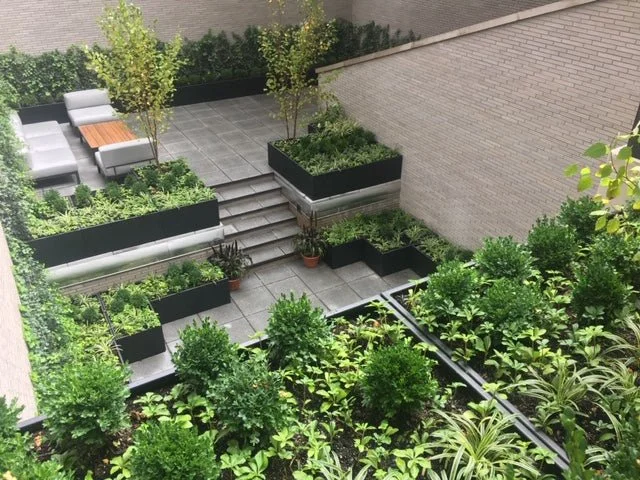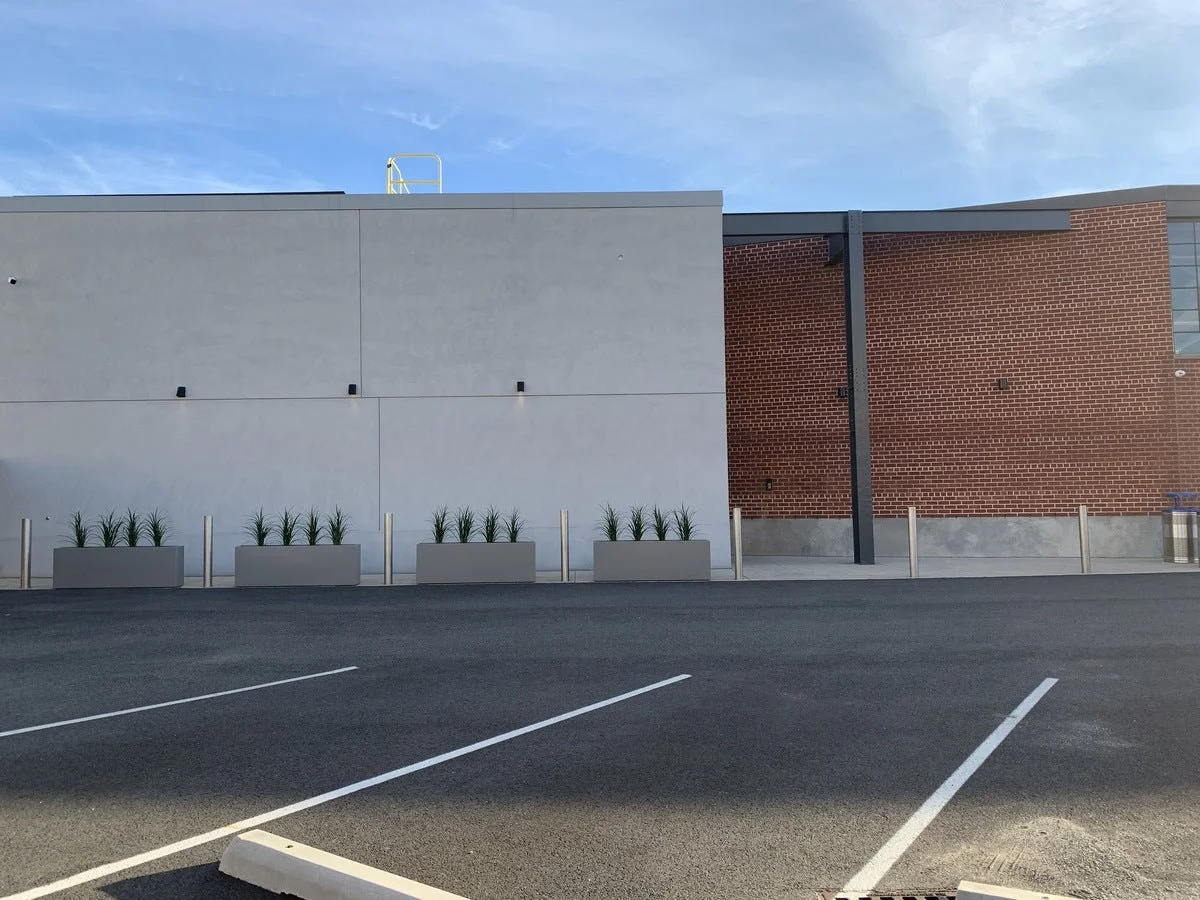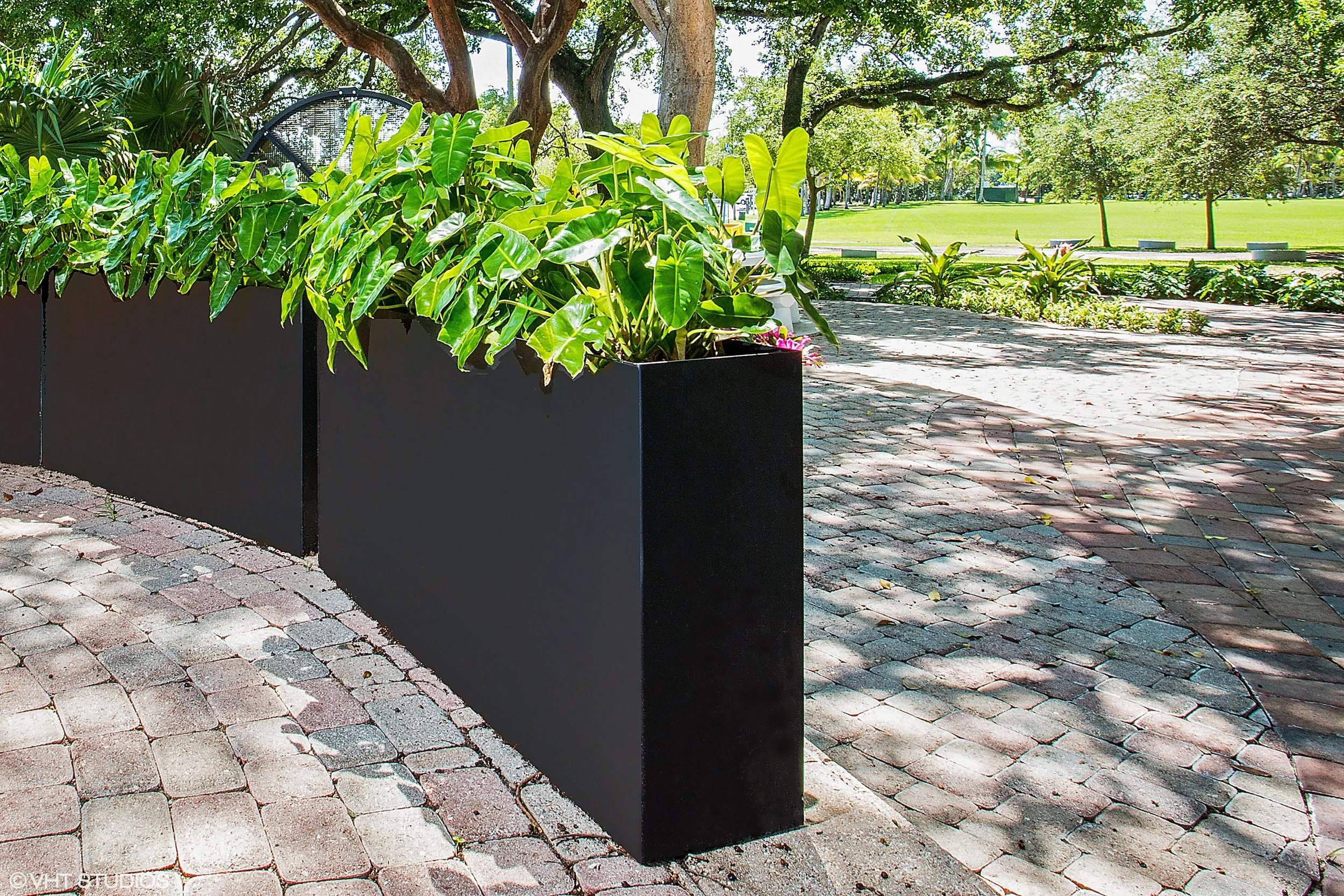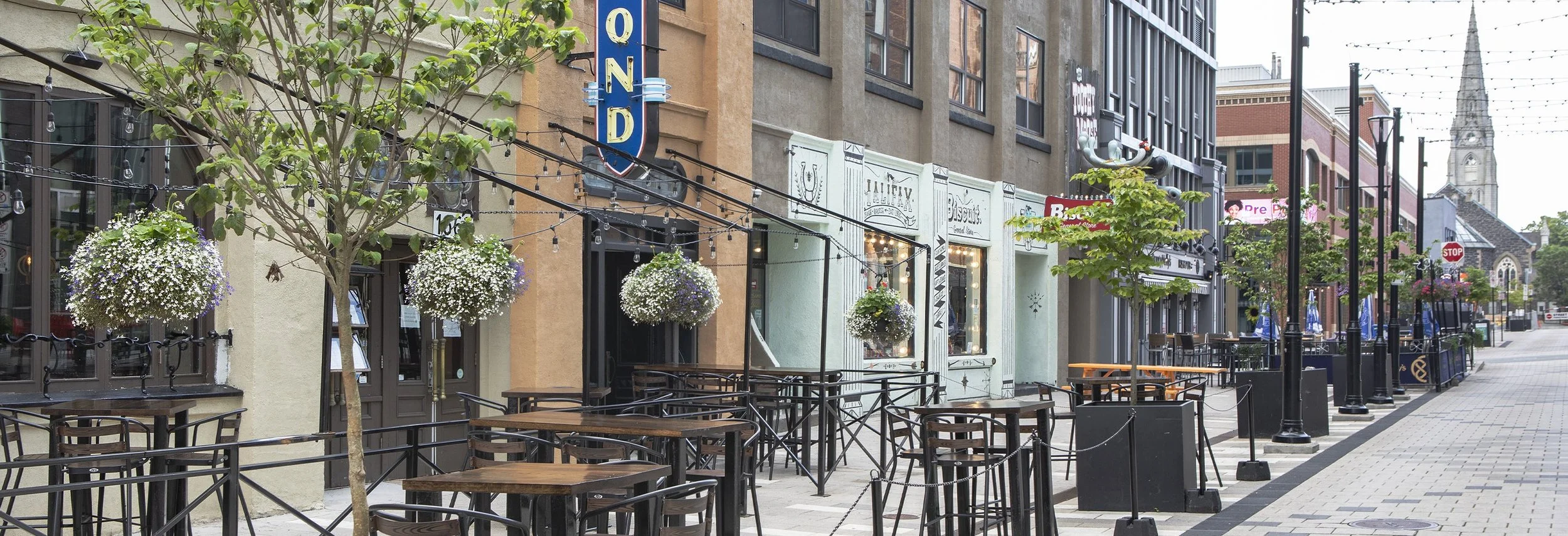Why Add Plants? Part 2: Physiological Benefits of Plants
Plants are so powerful that they can impact the quality of our lives. The physiological benefits of plants can elevate our cognitive well-being, improve sleep and immunity, and even reduce mortality rates.
When consumers really understand the well-being benefits associated with people-plant interactions, they begin to realize plants are a necessity — rather than a luxury or a decorative afterthought.
Wondering what proves that Plants Are a Necessary Element for all spaces?
Dr. Charlie Hall and Melinda Knuth, both at Texas A&M University, have compiled hundreds of peer-reviewed studies and PureModern has pulled some of the big ideas from that compilation and other pieces of research for you.
Why?
So you can better understand and share important information about the power of plants with your clients.
In the second installment of this four-part series, you’ll find specific physiological benefits and supporting statistics that you might just consider using in your next client meeting. If you missed it, out first installment discusses the mental and emotional health benefits of plants.
Connect Modular Planters at 613 Baltic Brooklyn, NY
The Cold Hard Facts
Urbanization has made exposure to naturally-occuring green space less frequent.
What does this mean to your design clients?
It means that they will likely need to incorporate some biophilic design elements in order to take advantage of the many benefits green space can provide.
The good news is that every benefit you’ll see in this article has been proven to occur not only in natural green spaces, but in the built environment as well. This includes any human-made space where people live, play, work, rehabilitate, and learn.
Most people get the general feeling that plants are somewhat important. But getting your clients to adjust their mindsets or increase the budget is challenging without real proof of the benefits.
Whether your client is a municipal leader, a policymaker, or a commercial or residential property owner stakeholders find it easier to justify funding decisions when they truly understand the vast physiological benefits plants provide to every space.
Luckily plenty of data proves the significant importance of incorporating greenery into residential and commercial design plans. That research demonstrates a variety of benefits, including:
Reduced stress and improved sleep quality, which has a multitude of additional benefits
Pain control
Cognitive development
So there is, in fact, cold, hard data that supports your value proposition when advising your clients to incorporate plants into their budget so they can reap the benefits in their newly redesigned spaces. And there is proof that those benefits include a return on investment.
In the second installation of this four-part series, keep reading to learn more about the specific positive physiological impact plants have on the quality of life.
Modern Elite Planters at Andromeda's parking lot
Benefit #1: Improved Quality of Sleep
According to research compiled by the Sleep Foundation, interrupted sleep translates to interrupted productivity at work, loss of focus and attention, and amplified emotional reactions, among other negative results. And according to the National Library of Medicine, poor-quality sleep is costing companies an average of $1,967 annually per employee.
But here is the good news: exposure to natural elements helps people transition from a state of stress to a state of relaxation. And in a study performed by Emi Morita in 2011, just a few hours of exposure to green elements during the day improved sleep characteristics later that night, including:
Sleep time
Depth of sleep
Sleep quality
Modern Elite Planters at Glass and Vine in Miami FL
Benefit #2: Immunity Boost
A study performed in 2012 proved that spending time exposed to natural elements decreased inflammation, contributing to a variety of negative outcomes, including diabetes, cardiovascular disease, and depression.
In other words, plants improve the body’s ability to heal. For example:
Studies by Park and Mattison (2004; 2006; 2009), and Mang et al. (1991) found that patients who could see elements of nature from their beds recovered sooner than those who didn’t.
Another study by Tsao (2018) conducted in Japan saw higher levels (up to 20%) of a beneficial white blood cell called NK cells in people who were regularly exposed to natural elements when compared against those with minimal exposure to plants.
NK cells play a critical role in our immune system and protect us against viral infections like the common cold and flu. And according to Science magazine, NKs can also defend against coronavirus.
Whether incorporating plants into design translates to fewer sick days for your commercial design clients or faster progress for a medical facility you’re working with, these studies are powerful
Modern Elite Planters in Halifax - Nova Scotia, Canada
Benefit #3: Cognitive Development
Working memory, attentiveness, and rejuvenation.
These are attributes everyone wants — whether in themselves, their clients, students, employees, or patients. And when incorporated into design plans, plants can deliver these attributes.
We don’t expect your clients to take our word for it. Cite these studies:
Being exposed to natural elements contributes to a sense of vitality and energy (Ryan et al. 2010).
More green surroundings triggered higher levels of working memory and attentiveness (Dadvand et al. 2015).
Exposure to green elements contributes to rejuvenation and faster recovery from mental fatigue (Kuo 2015).
Leverage the Power of Plants to Drive Your Design Business Forward
Businesses want to enhance results. And people want to enhance the quality of their lives.
So whether your next design project is commercial or residential, planters are an innovative and economical way to deliver exactly what your clients need.
Innovative designers are helping clients understand that quality of life is a highly compelling value proposition. Use this research to stay ahead of the curve.
For help selecting the right plants and planters for your next project, get in touch with us today. We’re here to help!





